Poisons in municipal compost
ellenr22 - NJ - Zone 6b/7a
15 years ago
Related Stories

GARDENING GUIDESHouzz TV: Make a Worm Bin for Rich Soil and Happy Plants
A worm-powered compost bin that can fit under a sink turns food scraps into a powerful amendment for your garden. Here’s how to make one
Full Story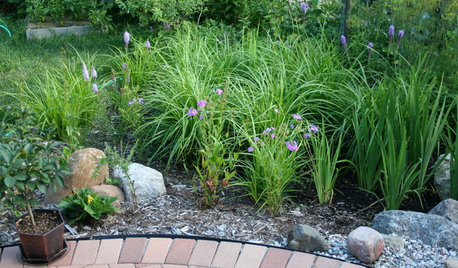
LANDSCAPE DESIGNHow to Site and Size a Rain Garden for Your Landscape
Installing a rain garden is an excellent way to reduce runoff and return water to its source
Full Story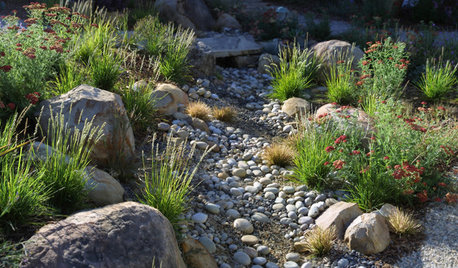
LANDSCAPE DESIGNHow to Design Your Landscape to Slow Down Water
Putting the brakes on stormwater runoff is the first step in sustainable water design
Full Story
LANDSCAPE DESIGNEasy Ways to Manage Stormwater for Lower Bills and a Healthier Earth
Send cleaner runoff into local waterways and spend less on yard irrigation with these simple landscaping approaches
Full Story
COOL-SEASON CROPSCool-Season Vegetables: How to Grow Potatoes
This ever-popular tuber is a stalwart in spring and fall gardens and a staple in kitchens everywhere
Full Story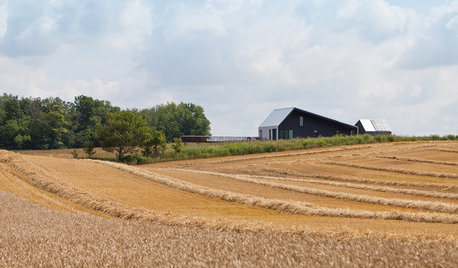
GREEN BUILDINGOff the Grid: Ready to Pull the Plug on City Power?
What to consider if you want to stop relying on public utilities — or just have a more energy-efficient home
Full Story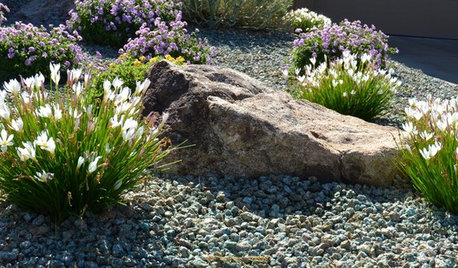
GARDENING GUIDESGreat Design Plant: Showers Bring Zephyranthes Flowers
Plant zephyrlily bulbs now for lovely blooms amid grassy foliage in summer and fall
Full Story
EARTH DAYThe Case for Losing the Traditional Lawn
Work less, help the environment and foster connections by just saying no to typical turf
Full Story
FALL GARDENING5 Ways to Put Fall Leaves to Work in Your Garden
Improve your soil and yard the organic way with a valuable garden booster that grows on trees
Full Story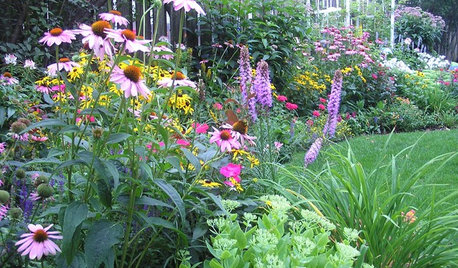
LANDSCAPE DESIGNTry Slow Gardening for Some Unexpected Benefits
Why set your garden on the fast track? Here's how to relax and enjoy it in an entirely new way
Full StorySponsored
Central Ohio's Trusted Home Remodeler Specializing in Kitchens & Baths
More Discussions






gardengal48 (PNW Z8/9)
dchall_san_antonio
Related Professionals
Citrus Heights Landscape Architects & Landscape Designers · Forest City Landscape Architects & Landscape Designers · Bethlehem Landscape Contractors · Avocado Heights Landscape Contractors · El Segundo Landscape Contractors · Fuquay-Varina Landscape Contractors · Mason Landscape Contractors · New Berlin Landscape Contractors · Paso Robles Landscape Contractors · South Hackensack Landscape Contractors · Vallejo Landscape Contractors · West Chicago Landscape Contractors · West Covina Landscape Contractors · Green Bay Decks, Patios & Outdoor Enclosures · Monroe Decks, Patios & Outdoor Enclosuresterrene
tampasteve
ellenr22 - NJ - Zone 6b/7aOriginal Author
justaguy2
gardengal48 (PNW Z8/9)
justaguy2
gardengal48 (PNW Z8/9)
the_gurgler
swanz
violet_sky